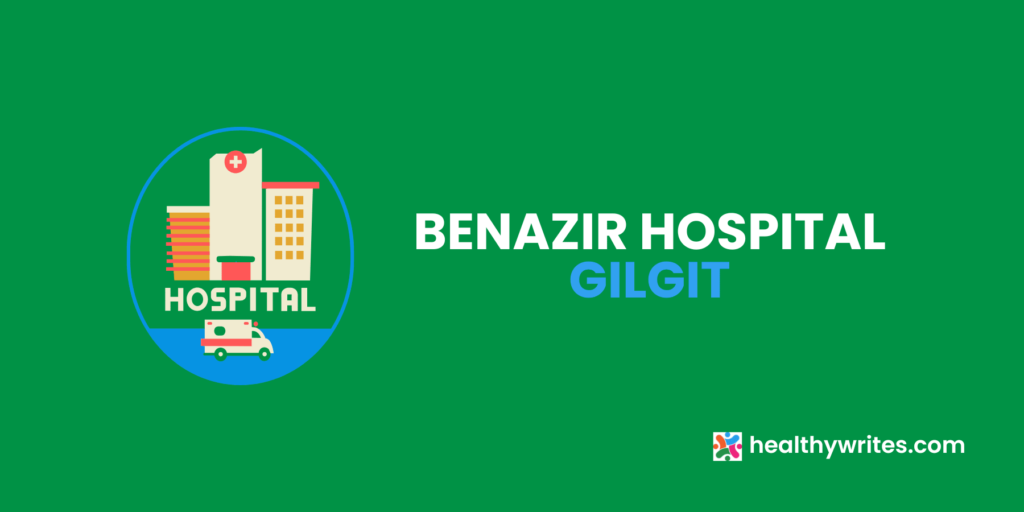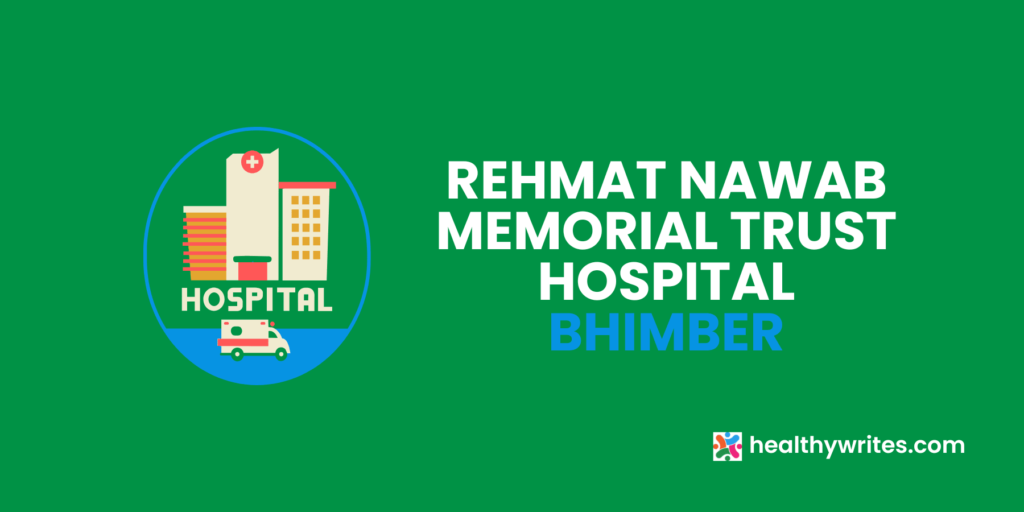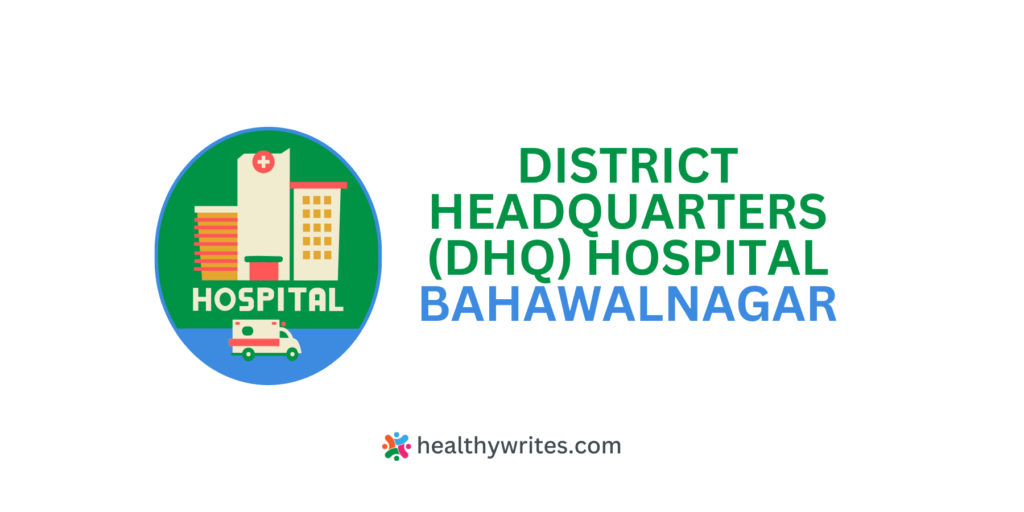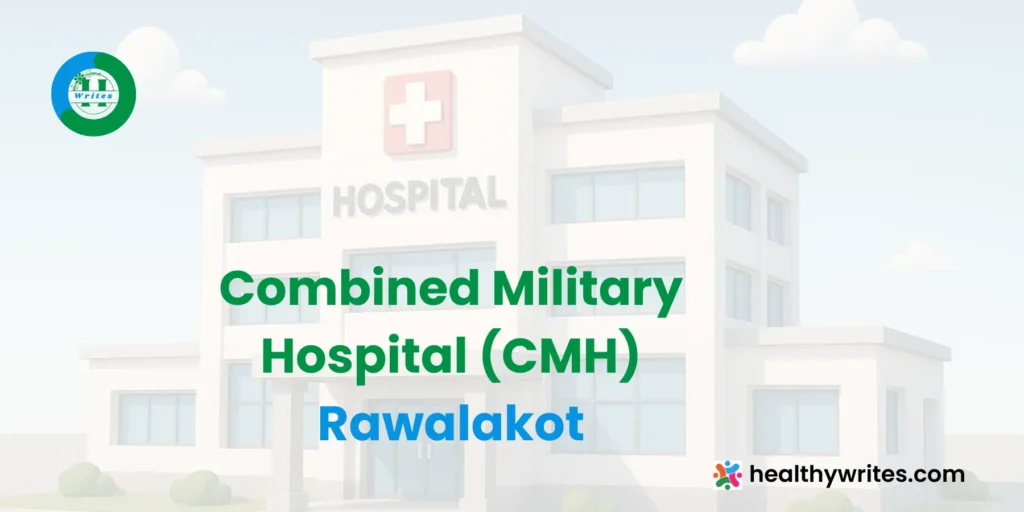Overview
Benazir Hospital is a notable public healthcare facility located in the Gamba area of Gilgit city. Positioned strategically near residential and semi-urban zones, the hospital plays an important role in serving a large segment of the local population with primary and some secondary level medical services. It is named in honor of former Prime Minister Benazir Bhutto and is part of the ongoing public sector healthcare efforts in Gilgit-Baltistan.
Overview and Purpose
The hospital provides affordable and accessible medical care to the residents of Gamba and nearby areas. It aims to reduce the pressure on major hospitals like DHQ Gilgit by handling routine outpatient, maternal, and emergency care needs closer to local neighborhoods.
Departments and Services
- Outpatient Department (OPD): General checkups and routine medical consultations.
- Emergency Room: First aid, trauma care, and minor emergencies.
- Maternal and Child Health: Antenatal checkups, safe delivery services, and infant care.
- Diagnostic Services: Basic lab testing and clinical diagnostics (blood, urine, etc.).
- Vaccination Unit: Child immunization under the Expanded Program on Immunization (EPI).
- Minor Surgery Unit: Dressing, wound suturing, abscess drainage, and minor procedures.
Medical Staff
The hospital employs a mix of government-appointed healthcare professionals, including:
- Medical Officers (Male and Female)
- Gynecologist or Lady Medical Officer (as available)
- Lab Technician
- Dispenser/Pharmacist
- Vaccinator and LHV (Lady Health Visitor)
- Paramedic and Support Staff
Facility Highlights
Benazir Hospital in Gamba is a modest-sized but well-maintained facility with an OPD block, small pharmacy, diagnostic room, maternity room, and emergency bay. It maintains a clean environment and is accessible via local roads, making it easier for patients in nearby communities to reach the hospital.
Community Role
The hospital significantly contributes to maternal and child health by offering safe delivery and antenatal services in an area with limited nearby maternity facilities. It also plays a frontline role in disease prevention through vaccination drives, seasonal health awareness campaigns, and rapid response during outbreaks (such as dengue or seasonal flu).
Public Health Initiatives
- Routine and catch-up immunization
- Nutrition advice and growth monitoring of infants
- Family planning counseling
- Hygiene and sanitation education sessions
Operational Hours
- OPD Timings: Monday to Saturday – 8:00 AM to 2:00 PM
- Emergency: Available for walk-ins 24/7 (depending on staffing)
- Vaccination Days: Scheduled weekly (usually Wednesday and Friday)
Challenges
Despite its efforts, the hospital faces resource limitations, including medicine shortages, outdated equipment, and occasional staff shortages. Patients requiring specialized care are often referred to PHQ Hospital or CMH Gilgit.
Frequently Asked Questions (FAQs)
1. Can normal deliveries be done at Benazir Hospital Gamba?
Yes, the hospital is equipped for normal deliveries and provides maternal care through LHVs and medical officers.
2. Are all services free at the hospital?
Most services are subsidized or free under the government health system, especially maternal care, emergency, and vaccination.
3. Does the hospital have a pharmacy?
Yes, there is an in-house pharmacy that provides commonly used medicines, though availability may vary.
4. How can patients from far-off villages reach this hospital?
Local public transport and access roads make it reasonably easy for nearby communities to visit the hospital during the day.
5. Is laboratory testing available on-site?
Basic diagnostic lab services are available, including blood and urine tests. Complex tests are referred to higher hospitals.
Conclusion
Benazir Hospital in Gamba serves as a crucial community health facility within Gilgit city’s local healthcare framework. With a focus on maternal care, vaccination, and routine medical services, it helps bridge the gap between underserved populations and essential health services. Enhanced support, staffing, and periodic upgradation could elevate the hospital’s capacity to serve even more effectively.




